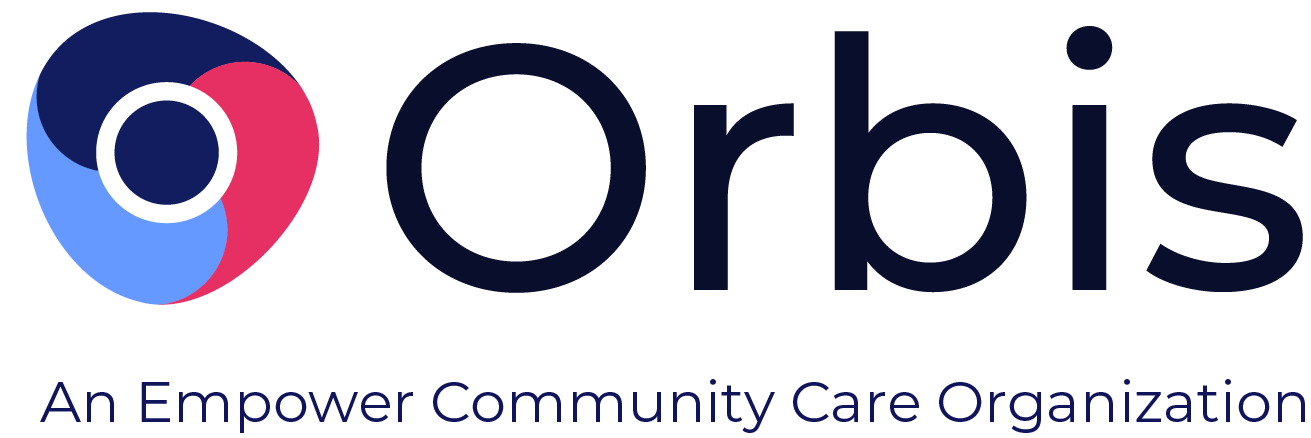Motivational Interviewing (MI) has helped many human service organizations reshape how they work with clients in a variety of settings. Before they are fully introduced to motivational interviewing, some practitioners think it is an intervention or treatment modality. In fact, motivational interviewing is a communication style that can shape all of the interactions that occur between helpers and clients. This includes a range of service or treatment contexts such as substance use, mental health, child welfare, juvenile justice, and adult justice, to name a few.
In this blog, we outline how Orbis Partners employs motivational interviewing to conduct strength, risk, and needs assessments with our Youth Assessment and Screening Instrument (YASI) in juvenile justice. We also provide a glimpse into how motivational interviewing supports the case planning process. Note that we draw from the same motivational interviewing techniques and foundational practices with our adult criminal justice tools, the Service Planning Instrument (SPIn) and Service Planning Instrument for Women (SPInW).
The Challenge of Risk and Needs Assessment in Juvenile Justice
Risk and need assessments conducted by juvenile justice agencies rely on detailed and accurate information collected from file reviews and interviews with youth and their families. The file review component is usually straightforward and based on court records or other official documents pertaining to the youth’s history with the juvenile justice system. Normally, this static or historical information contributes to part of the assessment results. However, most juvenile justice risk and needs assessment tools now have a major focus on measuring more dynamic components that help profile the youth’s or delinquency drivers, or so-called criminogenic needs. In the case of YASI, the dynamic component also includes youth strengths or protective factors.
Sensitive Topics in Assessment Interviews
The needs and strength factors are largely dependent on interview sources. Frequently, dynamic components of an assessment interview involve issues that are sensitive in nature, including use of substances, quality of family relationships, peer influences, decision-making skills, school conduct and performance, and views about victims and authority figures. These topics can be difficult to raise with clients! It is not simply a matter of asking direct questions that magically yield accurate information!
How can we effectively solicit the information that we need to develop a relevant picture of a youth’s needs and strengths? A successful interviewer must win the interviewees trust, convince them they are being listened to, and demonstrate the interviewer has their interests at heart. This is where Motivational Interviewing comes in!
Applying Motivational Interviewing Principles to Assessment
Motivational interviewing is a communication style that helps people resolve ambivalence about making difficult changes in their lives. Strictly speaking, it is a communication style rather than an intervention. While we frequently think of the approach as it applies to helping clients with specific problems areas, it turns out that the motivational interviewing style fits very well with the goals of optimizing the assessment interview experience. Some of the components of motivational interviewing in assessment that contribute to the success of interviews include acceptance, partnership, compassion, and evocation.
The YASI Interview Model
The YASI interview model was designed to encourage the juvenile justice-involved youth to tell their story. Rather than a highly structured process where the youth is subjected to answering a barrage of 50 or more questions, we recommend a conversational manner that encourages youth to describe their histories and current situations. To achieve that, the interviewer must set a tone for open dialogue that promotes trust and an essential willingness to engage on the part of the youth.
The OARS Techniques: Core Skills for Motivational Interviewing in Assessment
There are four motivational interviewing interaction techniques that are referred to as the BASICS and identified with the mnemonic device OARS:
- Open-ended questions
- Affirmations
- Reflections
- Summarizations
In a way, the OARS Basics are almost deceptively simplistic. While these four techniques are simple and relatively easy to perform, they produce very positive results in the process of engaging the client and encouraging them to share the important information needed to conduct a risk and needs assessment interview.
Open-ended questions are critical to facilitating a conversation. Rather than asking question after question to get full details on a topic, open-ended questions help the youth volunteer their story to the interviewer. Questions like “Tell me about your family life” signal that the interviewer is not looking for a discrete yes/no, good/bad, happy/sad response. The question lets the youth know that you want them to do the talking. Other examples might be “I want you to talk now about the trouble you are having with your teacher. Can you tell me about that?”. Or, “Walk me through what happened on the day you got arrested”.
Affirmations send the message that the interviewer is listening and they are looking for positive things about the subject. An affirmation can take various forms, but perhaps the simplest examples might be “I can see you care a great deal about your family” or “it sounds like you work very hard in school and that pays off in getting you closer to graduation”. Affirmations set a positive tone, help build rapport, and encourage the youth to keep talking. In a juvenile justice intake interview where the client would not otherwise choose to be, affirmations create an understanding that, despite all of the negative elements of the current situation, there are some positive messages. There is hope that the situation can be turned around and that the inflection point might lie with the youth’s own strengths!
Reflections can be used to achieve two objectives: to demonstrate that the interviewer is listening and to show empathy toward the client’s situation. The simplest of reflections use a repetition of what the client said (e.g., “so there was no other choice you could make”) to more complex statements that are interpreted as empathy (e.g., “I can see that this whole experience has been very difficult for you and make you feel unsafe”). Reflections take some practice and must be coached in terms that are non-judgmental. The overall result is to prove that the interviewer understands the youth’s story and that their attitude is one of benevolence as opposed to judgment.
Summarizations help confirm the interviewer’s understanding of the youth’s conversation and provide a way to transition to other topics. An example: “OK, let me see if I have this right. You have had a lot of trouble in school over the past three years. You sought help through tutoring, but you still have troubles. And now you feel that those challenges are holding you back from the success you want”. Again, summarizations contribute to the important task of creating an atmosphere of listening on the part of the interviewer. Summarizations can also provide an opportunity for clients to correct the information or provide additional details that complete the picture.
Benefits of Motivational Interviewing in Risk and Needs Assessment
OARS skills might appear basic, but new users quickly get rewarded and see that they produce incredible results. Overall, we believe that the use of motivational interviewing in assessment interviews greatly contributes to the completeness and accuracy of risk and needs assessments!
Training and Implementation
As part of training to administer YASI, new users review the Motivational Interviewing Basics and perform exercises to develop skills to use the techniques. In addition to the regular training Orbis delivers with new YASI implementations, we offer an introductory e-learning course that is specifically geared toward juvenile justice practitioners. Complete with many video examples of motivational interviewing being used in interviews with youth, the course helps build confidence in how the skills promote positive responses from youth in the interview context. The self-paced course takes about 6 hours to complete and comes with accredited CEU hours.
Beyond Assessment: Motivational Interviewing in Case Planning
Although we focused on motivational interviewing within the context of risk and needs assessment, there’s more! The post-assessment stage also relies heavily on motivational interviewing. Here, practitioners and youth conduct case planning together. The YASI assessment model is accompanied by our Collaborative Case Work approach used to develop success plans (ie: case planning) in collaboration with clients. For the practitioner, expressing empathy, developing discrepancy, rolling with resistance, and supporting self-efficacy are four pillars of motivational interviewing that inform the case planning process. Our Collaborative Case Work training helps YASI users develop a number of motivational interviewing-related skills for moving beyond assessment to the larger goal of mapping out success plans.
Orbis Partners provides solutions for criminal justice and human services systems, specializing in designing and implementing services for at-risk client groups. Orbis' risk, needs and strengths assessment tools are designed to guide the casework process by incorporating an individual's unique set of needs. For more information about our assessments, visit our Assessments page.



